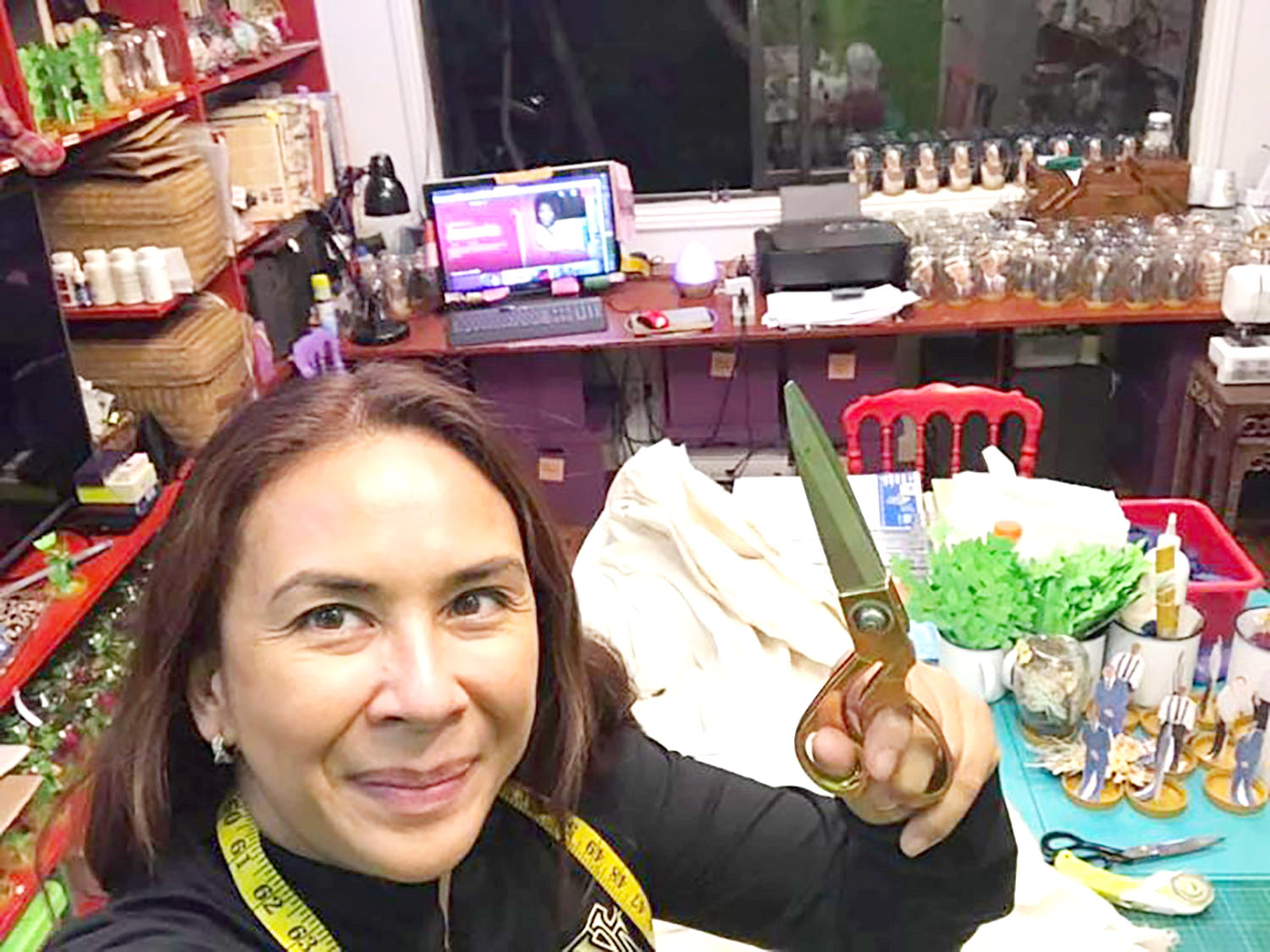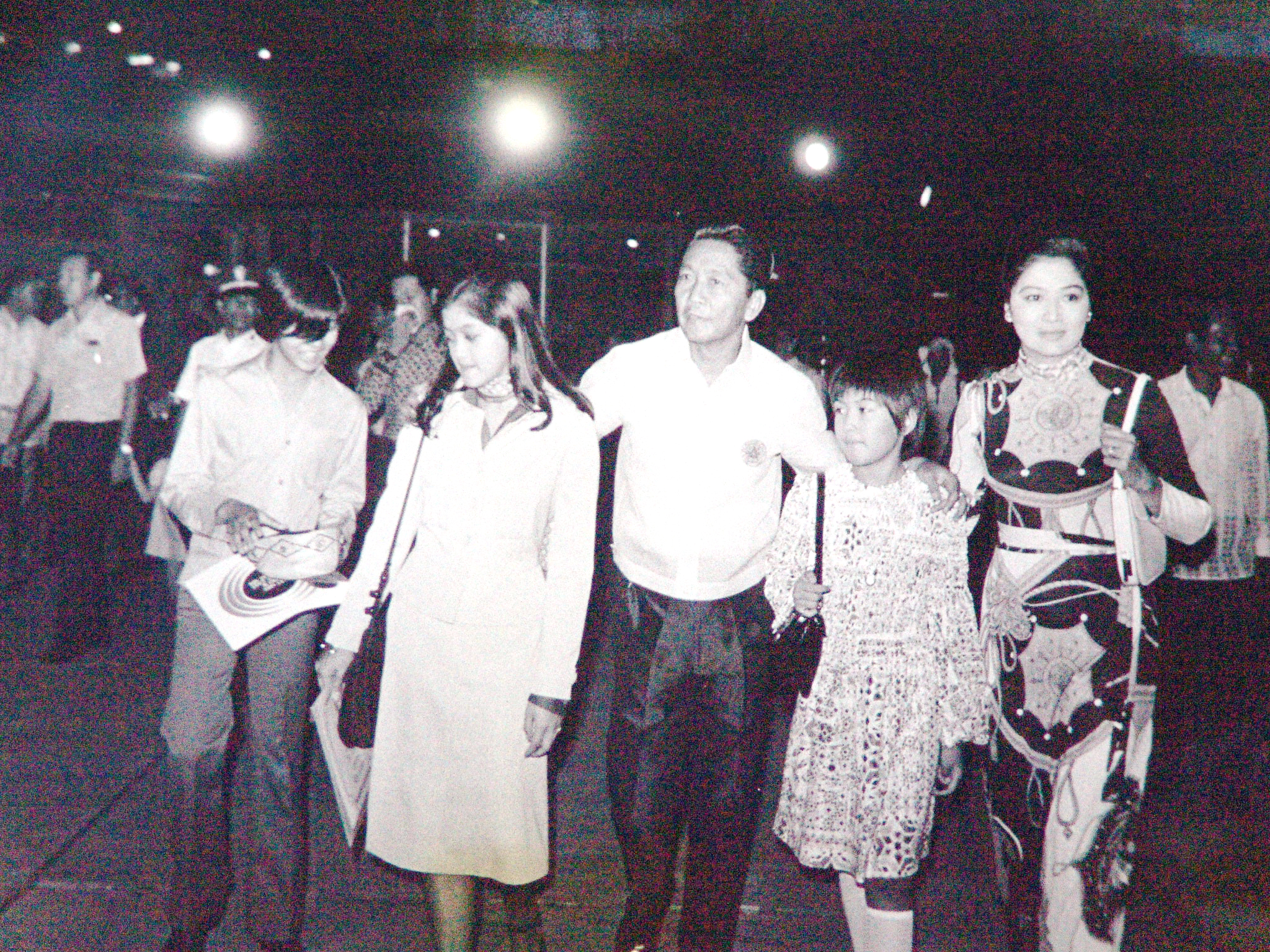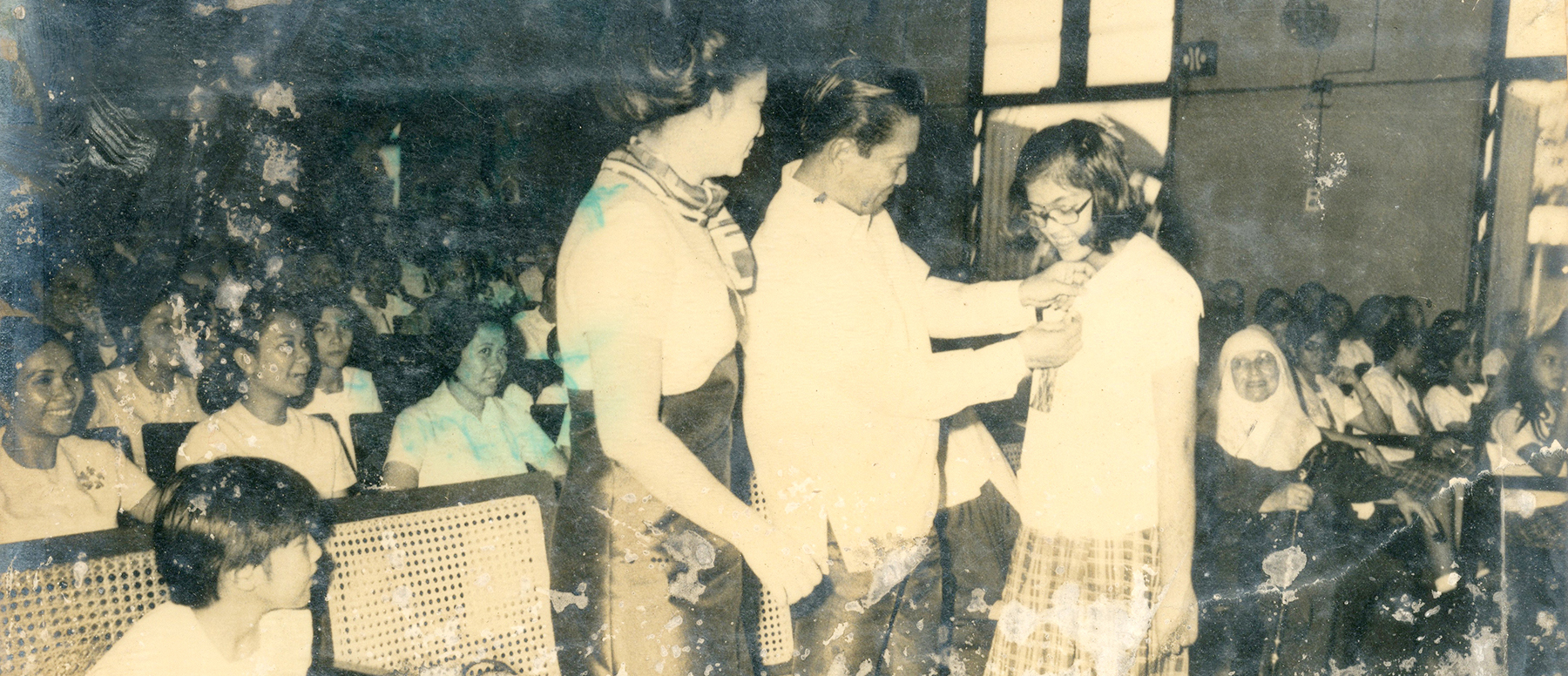Empty nester
President Marcos on parenting after the children have grown up and left home
At A Glance
- 'Reflections: What is my central purpose in life? I am President. I am the most powerful man in the Philippines. All that I have dreamt of I have. More accurately, I have all the material things I want in life—a wife who is loving and is a partner in the things I do, bright children who will carry my name, a life well lived—all. But I feel discontent. Because I may not have done all that I can.'

I decorated my son Ian Orestes’ Christmas lunch venue at school for the last time the other day. Since my boys started studying at the British School Manila (William in 2004 who has long since graduated and Ian Orestes in 2009), I have been helping with the decoration needs of the school. It started with small classroom events, then celebrations held in common areas throughout the year, then it moved to one building and progressed to the entire school for events such as Guy Fawkes Bonfire Night and the Fete (school fair).

What a ride! I did all those decorations to provide the kids with wonder and joy. It was so gratifying to see their eyes light up, the skip in their step as they walked along the halls decked with at least one kilometer worth of handmade or handsewn banderitas and other decor. It truly does not take much to make people feel good, especially children.

Soon both my boys will be abroad, furthering their education, and my husband and I will have to go on with our lives, which will surely be highlighted by their visits during holidays or very special occasions.

I can’t help recalling entries in the diaries of my late uncle Ferdinand E. Marcos (PFEM), in which of late I have been immersed. He wrote about his own children’s visits while on holiday from school. He would always include the day and time of their arrival and even take note of what they were wearing at the time. There was one entry that made me think perhaps this would happen to me and my husband too. Let me share it with you.
Malacañan Palace
Manila
Dec. 14, 1970
10:50 p.m.
“I am amazed at the rapport between him (referring to Bongbong) and his sisters. Imee had faithfully written him every event that had happened here and now they seemed to have so much to talk about—classes, the idiosyncrasies of his “mawsters,” the characters in his school, what he thought of the Filipino boys in Worth… They talked of drama, Shakespeare, Bernard Shaw, James Joyce, and the other writers. Imelda and I just listen very fondly—too fondly I am afraid.”
Here’s another passage that made me wonder if I would also have a moment like it. My uncle wrote it on Dec. 13, 1970, as his son Bongbong came home from the UK.

(Photo Marcos Presidential Center)
“Imelda and I agreed that we made the right decision in sending him to England. And we remembered our fears of friends as well as enemies spoiling him… Imelda and I were both in tears (of happiness of course) when we met him and talked to him. I noticed that Imelda hugged him longer than usual as I did. And she whispered to me, ‘You were right, we have lost a child. He is now turning into a man. We can no longer baby him.’ This has been a happy day!”

I am sure I will look forward to my children’s visits but how strange to think I would soon be living in a house with no children.
What would be my purpose then? What will fill the void I will be left with now that both of my children are venturing out into the world? I take solace in social media where we can stay in touch, but continents and oceans will separate us. How will I spend this period of my life?
I’ve been reading up on what people do in the same situation. They call themselves empty nesters. One book I came across was published by the University College London, where my older boy William is now taking his MA—Ageing with Smartphones in Ireland: When Life Becomes Craft. According to the book, the stage I am finding myself in right now has been documented to be a period in people’s lives when they start to hone in on “crafting their wellbeing through keeping fit, remaining healthy, and taking responsibility for ensuring, as far as is possible, that they remain in good shape and independent of other people. This may superficially appear to be a shift toward individualism and materialism. On further investigation, however, such activity may also contain and continue prior religious and spiritual concerns.”
I’m not overtly religious but I do believe in God. I would adhere to the former premise of this period in my life where I start to focus on my wellbeing and doing a reset and finding a new purpose. Having grown children, after all, doesn’t mean I will be free of any obligations to society. But the adage still remains true: “It is not that we have a short time to live but that we waste a lot of it.”
As the book points out, even when we grow older, we need to continue to uphold a life of integrity and purpose. It enumerates these three main ways older people can craft new forms of “work.”
- Develop a new skill (continued self-development)
- Investment in self-knowledge and autonomy (care of the self)
- Volunteering (giving back)
I look forward to sharing with you, my readers, how I fare as I tackle all three in my future articles. Abangan!
I am not bothered that I do not have a ready answer to the question posed in this new chapter in my life. After all, even PFEM posed that question on April 3, 1971.
“Reflections: What is my central purpose in life? I am President. I am the most powerful man in the Philippines. All that I have dreamt of I have. More accurately, I have all the material things I want in life—a wife who is loving and is a partner in the things I do, bright children who will carry my name, a life well lived—all. But I feel discontent. Because I may not have done all that I can.”
I think, however, that discontent is good since it plants the seed for the desire to change things.
My cousin Imee seemed to have had an answer when her father berated her for being constantly discontented because she kept wanting to change schools that she felt weren’t challenging her enough.
On Jan. 9, 1972, not even a year after he found himself in a state of discontent, PFEM wrote about the incident: “Imee insists on going to Harvard where there may be too much freedom. She finds Mayfield is devoted merely to passing O level exams and getting good grades—not good education. Or so she says. I had to explain that I am concerned… ‘You, Imee, said you were discontented… You are never satisfied.’ ‘But is that not necessary for progress?’ she argued.” PFEM conceded, “The girl is logical and sharp.”
As an Ilocano teacher told PFEM when he was pinning the medal on Imee for the topmost honors for all of her subjects at the Assumption Convent on April 20, 1970, “Ti paria hangan nga agbungat tarong (ang ampalaya ay hindi mamumunga ng talong, the ampalaya plant won’t bear an eggplant).”